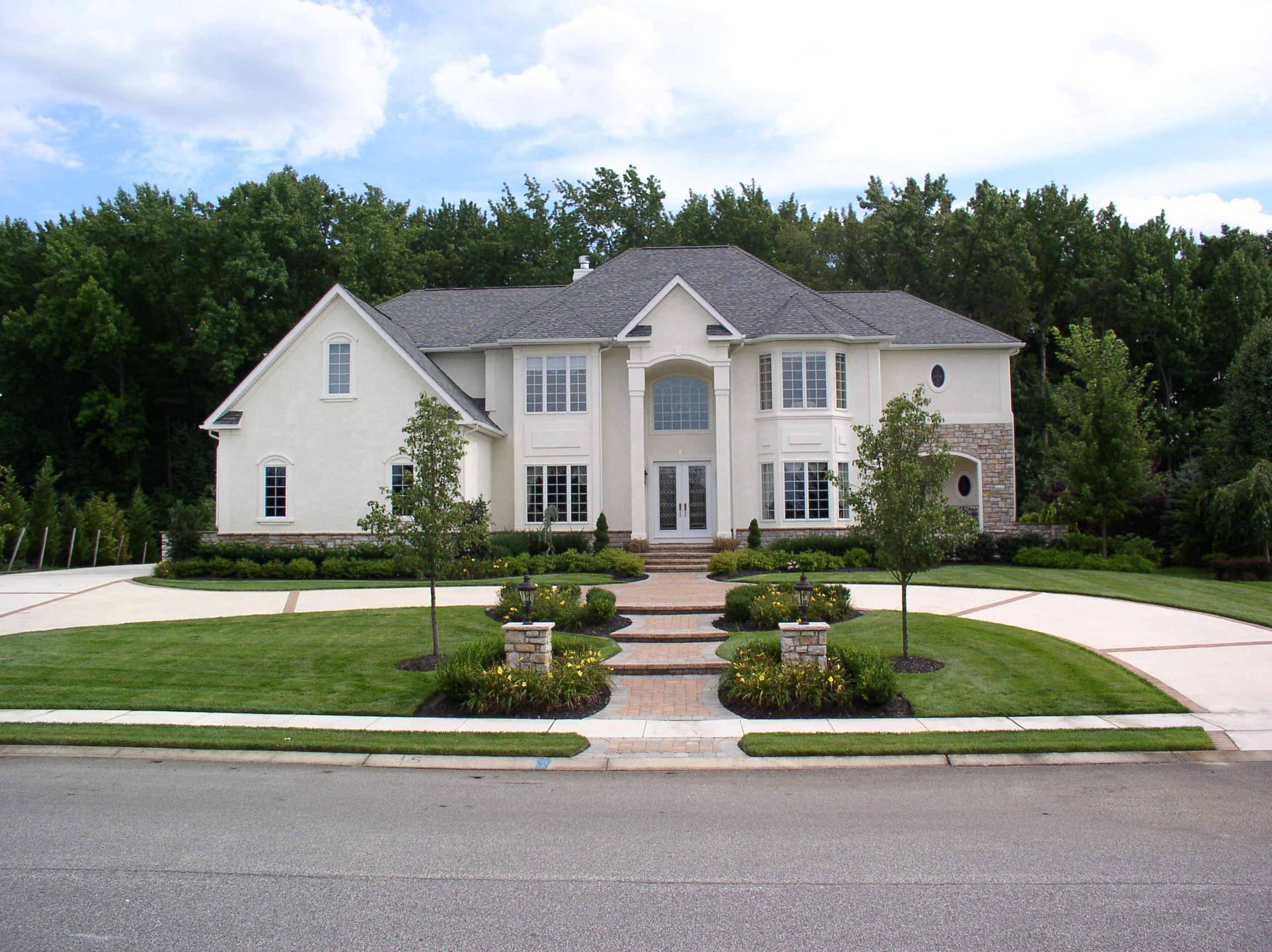Table of Content
Disregard anyone who says that buying makes more sense if your monthly mortgage payment is more cost-efficient than your monthly rent payment. Housing markets and life circumstances are too varied to make blanket statements like these. For many renters, time is what is needed to build credit, save for a down payment and afford regular monthly payments.
Other things to consider when you are thinking of buying a home is that you have saved money for unexpected repairs, home improvements and other maintenance issues. You can find the perfect home to fit your needs and lifestyle. In theory, buying a house after retirement gets you more for your money than renting.
Renting vs. Ownership
Not to mention, I somewhat enjoy trying out a new location. Having the flexibility to move and not be tied down to a specific location is one of the main benefits of renting. Being a homeowner does not have to be just a long-term aspiration. Enjoy short-term savings via annual tax write-offs and mortgage interest payment deductions, along with other deductions depending on each individual’s situation.

If you are considering whether to continue renting or take the plunge into home ownership, there are number of benefits to homeownership you need to know. While renting seems like a low cost, low risk housing option, the path to home ownership provides many more benefits both immediately and in the long run. Regardless, a more fixed monthly payment is great for both budgeting and peace of mind. You can feel confident that any increase in the value of the area you’re living in will only serve to benefit you. When you rent, these repairs—and their accompanying costs—are the responsibility of your landlord or management company, not you. And it’s a whole lot less painful to call your landlord and ask for something to be fixed than to call—and pay for—a repair company on your own.
You Have More Flexibility
Renting may make sense if you’re an empty nester, ready to downsize, or unsure of where you’ll spend your retirement years. You may want to move away for better weather or a lower cost of living for some years, but also be easily able to move closer to your family later on. Selling your home and moving into a rental has its points. But if you’re a homeowner contemplating jumping ship, here are some reasons to consider. Renting and buying are big financial commitments, but often in different ways—as well as to different degrees. Read on for nine big benefits of renting vs. owning a home that you should consider before making your move.

Economic benefits of homeownership can be more rewarding in the long run. But adjustable-rate mortgages can fluctuate, often resulting in rising mortgage payments due to higher interest charges. The same applies to homeowners with fixed-rate mortgages, which also allow for efficient budgeting. The amount you pay for rent is fixed for the span of the lease agreement. While landlords can raise the rent with notice, you can budget more efficiently, because you know the amount of rent you are required to pay.
Is Renting Cheaper Than Owning a Home?
Whichever option you choose depends entirely on your lifestyle and financial situation. Both require a regular income and may also require a certain degree of effort to maintain. Our affordable lending options, including FHA loans and VA loans, help make homeownership possible. Check out our affordability calculator, and look for homebuyer grants in your area. Visit our mortgage education center for helpful tips and information.

On the other hand, renting involves paying a monthly fee to stay in a house owned and managed by another person. One of the reasons some people prefer renting is because it does not involve too many overhead costs. However, it does have its shortcomings, which, in the long run, could mean a world of difference. It’s much more difficult to break free of an expensive house because of the fees involved with buying and selling a home. Also, if a homeowner has invested a significant amount of money in renovations, the selling price might not cover these costs, leaving them unable to afford to sell and move.
Renting a Home vs. Owning a Home: An Overview
The benefits of home ownership don’t come without costs and limitations. The pros and cons of buying a house should be considered as you think through the process, and before a decision is made. When you buy a home, you'll have several expenses related to getting a mortgage and taking ownership. This may include an appraisal of the property as well as loan origination and title fees, legal fees and more. These closing costs are usually about 3 to 5% of the total purchase price.
Products, services, processes and lending criteria described in these articles may differ from those available through JPMorgan Chase Bank N.A. For more information on available products and services, and to discuss your options, please contact a Chase Home Lending Advisor. Prequalifying can save every homebuyer a lot of time and show a seller you're in a financial position to purchase a home. You may pay more if you have specific amenities, like access to an on-site gym, or if you live with a pet. Larger apartment complexes are more likely to be located near cities, and may be within walking distance of stores, restaurants and other attractions.
Make sure you include all your improvements, such as an addition, a new roof, or even new carpeting, as part of the cost of your home. These costs will help lower your potential gain to ensure you remain below the $250,000 ($500,000) tax-free gain cap. If you are contemplating selling your home and renting, one other consideration is capital gains tax. The current tax law allows a capital gains exclusion of $250,000 for single tax filers and $500,000 for married, joint filers. In addition, you will get to deduct expenses, such as realtor commissions and many capital improvements you may have done to the home over the years.
Approximately 40 percent of homeowners did not itemize under the old tax law, and fewer will itemize under the 2018 tax law. In a recent article in the Journal of Economic Perspectives, we show that homeownership remains highly beneficial for most families, offering both financial gains and a way to build wealth. Homeowning is especially beneficial for those who expect to own their home for a long enough period to overcome the sizable transactions costs and the cyclical volatility of home prices. Other financial benefits of being a tenant include freedom from worrying about housing market conditions and liquidity. Selling a home can take a long time; it also involves lots of paperwork, and most real estate agencies charge a commission, which reduces the return on the investment.
We are not responsible for the content of this new site, nor are we in control of any transactions that occur outside of our site. Please review the new site’s privacy and security policies, as they may differ from those of this site. Argue that home ownership has a wide range of benefits on child and family development. When you own a home, you do something good for yourself and your family. To learn more about relationship-based ads, online behavioral advertising and our privacy practices, please review theBank of America Online Privacy Noticeand ourOnline Privacy FAQs.
Believe it or not -- using gift money for down payment is allowed. The amount you’re eligible to receive depends on your loan program. There’s a good chance you may have to come up with your own money to help cover the cost of down payment, but it's a heck of a lot less than you'd need to come up with on your own. A lease option is an agreement that gives a renter the choice to purchase the rented property during or at the end of the rental period.
Homeowners, on the other hand, are responsible for all home repair, maintenance, and renovation costs. Depending on the nature of the task , it can get quite pricey. Rent savings from owning in Denver, Los Angeles, New York City, the highest cost markets, were low relative to the cost of the home . The price-to-rent ratio is the ratio of home prices to annualized rent in a given location and is used as a benchmark for estimating whether it is cheaper to rent or own property.


No comments:
Post a Comment